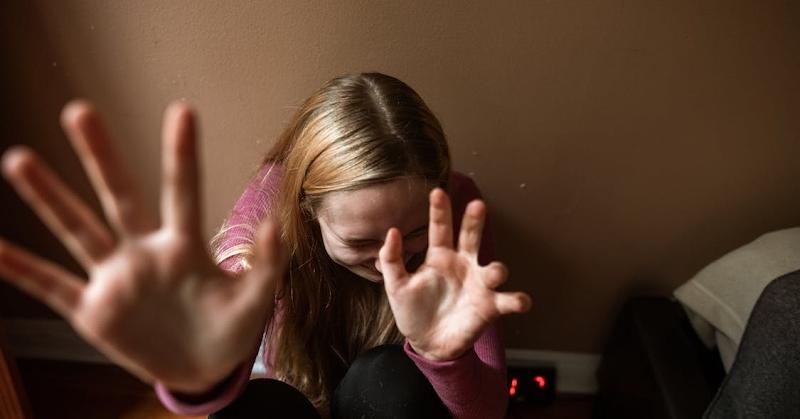Domestic violence is a pervasive issue that affects individuals and families across the globe. This article aims to explore the importance of domestic violence support in building a haven for survivors. By understanding the impact of domestic violence, creating a supportive environment, providing emotional and psychological assistance, offering legal and financial aid, and empowering survivors to reclaim their lives, we can foster an environment that promotes healing and recovery for those affected by this form of abuse.
Understanding the Impact of Domestic Violence
The impact of domestic violence is a complex issue that affects not only the physical and emotional well-being of survivors but also has long-lasting consequences on their overall quality of life. Community outreach plays a crucial role in understanding and addressing this issue. By reaching out to survivors, providing support, and creating safe spaces, communities can help break the cycle of violence.
Domestic violence has long-term effects that extend beyond the immediate aftermath. Survivors often experience ongoing mental health challenges such as anxiety, depression, and post-traumatic stress disorder (PTSD). They may also face economic difficulties due to financial abuse or limited employment opportunities. Additionally, the trauma experienced can affect survivors’ ability to form healthy relationships with others. Society needs to recognize these long-term effects and provide comprehensive support systems to help survivors rebuild their lives.
Creating a Supportive Environment
Creating an environment that fosters support and encouragement is crucial in assisting individuals who have experienced intimate partner abuse. Community involvement plays a significant role in creating this supportive environment. By engaging community members, organizations can raise awareness about domestic violence and its impact, while also promoting prevention efforts. This increased awareness can lead to a greater understanding of the issue and encourage community members to take action.
Additionally, community involvement provides survivors with a sense of belonging and validation, reducing feelings of isolation and shame. Creating spaces where survivors can connect with others who have similar experiences promotes holistic healing by addressing not only the physical but also the emotional, psychological, and spiritual needs of survivors. This approach recognizes that every survivor’s journey is unique and requires comprehensive support for them to heal and rebuild their lives.
Providing Emotional and Psychological Support
Engaging community members fosters an environment that offers emotional and psychological support to individuals who have experienced intimate partner abuse. The healing process for survivors of domestic violence can be complex and challenging, requiring a comprehensive approach that addresses their emotional and psychological needs. Implementing trauma-informed care practices is crucial in creating a haven where survivors feel understood, validated, and supported.
Emotional support can be provided through counseling services, support groups, and peer mentoring programs. These interventions aim to help survivors process their emotions, develop healthy coping mechanisms, and rebuild their sense of self-worth. Additionally, community members can play an active role in promoting awareness about domestic violence issues by organizing educational workshops or participating in campaigns that challenge societal norms and attitudes towards abuse. By offering a compassionate and empathetic environment, community members contribute significantly to the healing journey of survivors.
Legal and Financial Assistance for Survivors
Legal and financial assistance for survivors of intimate partner abuse can play a significant role in aiding their recovery process. Survivors often face numerous challenges when trying to rebuild their lives, including financial instability and legal barriers. Access to financial resources can provide survivors with the means to secure safe housing, obtain necessary medical care, and access counseling services. Financial assistance programs specifically designed for survivors can also help alleviate the burden of economic hardship by providing emergency funds, rental assistance, or job training opportunities.
Legal aid is another crucial aspect of support for survivors as it can help them navigate through the complex legal system, obtain restraining orders against their abusers, and seek justice for any criminal acts committed against them. By ensuring that survivors have access to both legal and financial support, we empower them on their journey toward healing and rebuilding their lives.
Empowering Survivors to Reclaim Their Lives
Empowering survivors to reclaim their lives involves providing them with the necessary tools and resources to overcome the challenges they face in rebuilding their futures. Rebuilding self-esteem is a crucial aspect of this process, as domestic violence often leaves survivors feeling diminished and lacking in confidence. By offering counseling services and support groups, survivors can gain a better understanding of their worth and develop strategies to rebuild their self-esteem.
Additionally, community resources play a vital role in empowering survivors. These resources can include access to affordable housing, job training programs, and educational opportunities that enable survivors to gain financial independence. By connecting survivors with these resources, they are allowed to create stable and fulfilling lives for themselves and break free from the cycle of abuse.
